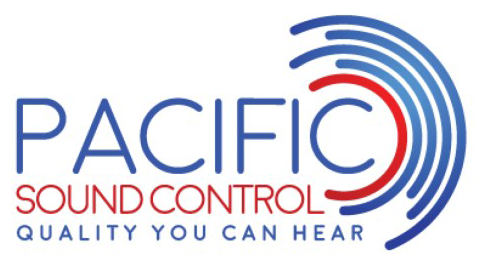In 2012, Medicare began using patient satisfaction surveys to determine hospital reimbursement. Patients often give the lowest ratings to noise levels during their stay – for good reason! Studies show that elevated noise levels affect sleep, blood pressure, wound healing, and pain management. Some noise reduction strategies are simple, such as closing doors, implementing quiet hours, and reducing medical alarms in the patients’ rooms. For hospitals looking to take their noise control to the next level, an investment of $50,000 in architectural noise control products can result in $150,000 of increased Medicare reimbursements over three years.
Recent Posts
- Pacific Sound Control Featured Case Study
- Scientists can detect asymptomatic COVID-19 by analyzing the acoustics of coughs with artificial intelligence
- Watch Noise Barriers build and test a Dyno Room with Real Street Performance
- Tired of noise barriers you can’t see through? Sound Seal offers Clear Vinyl Flexible Noise Barriers to block the sound but not your view.
- Did You Know – Sound Seal Acoustical Boards are made with 70% recycled materials?


Recent Comments